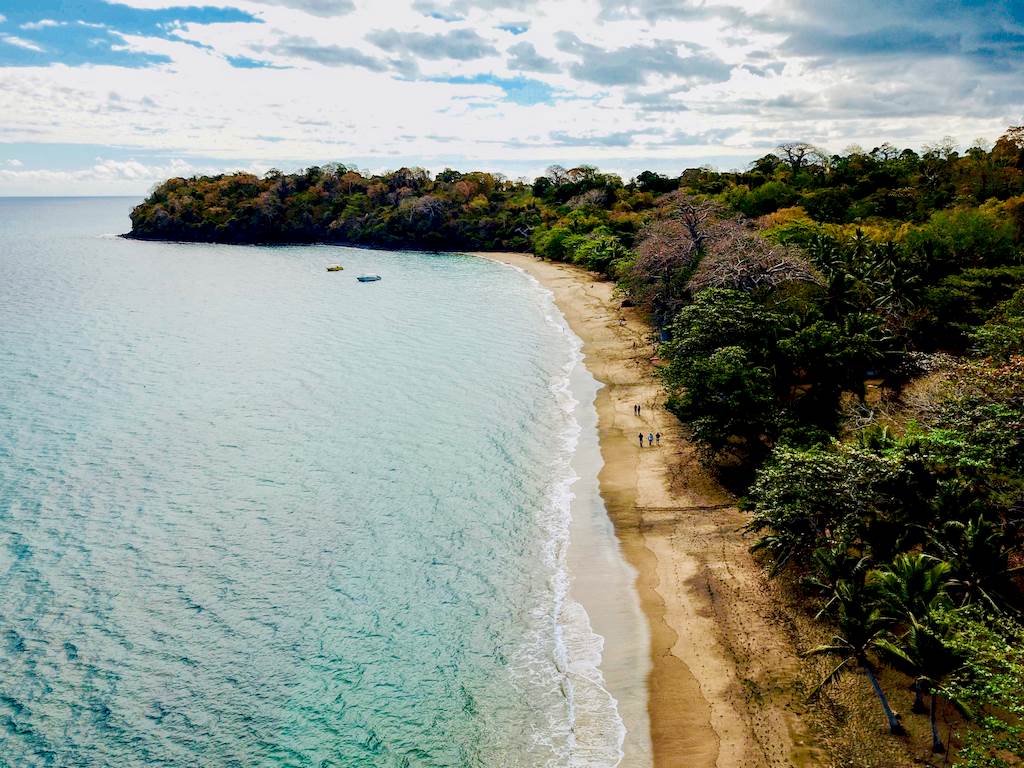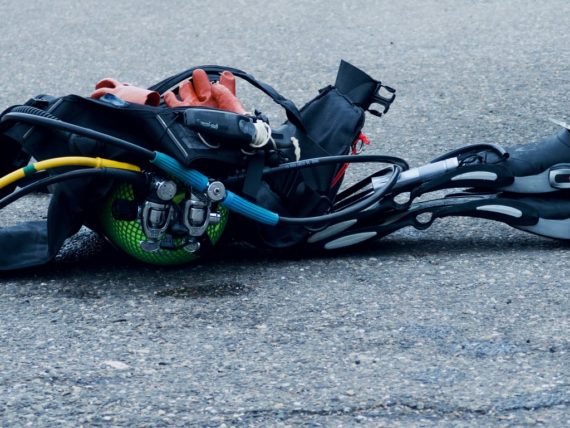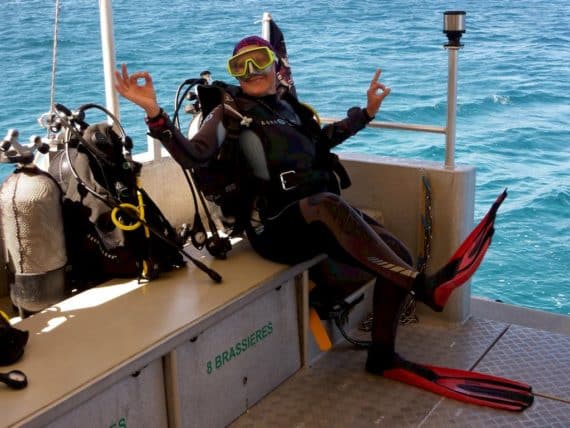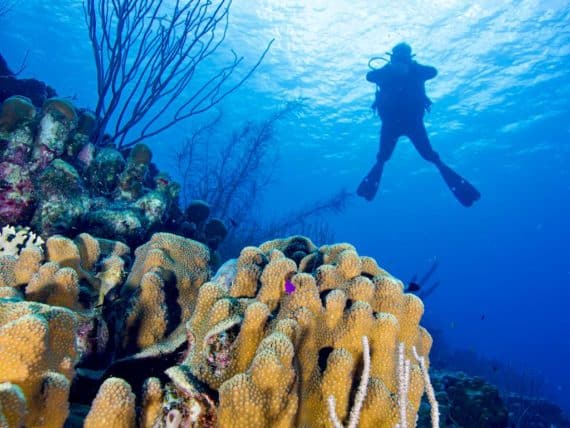Theoretical training: your 5 favorite subjects

Theoretical training for divers
Diving is one of the leisure activities that requires the most knowledge and understanding of theoretical concepts. Indeed, it is practiced in an environment that is not our natural environment. Therefore, it is necessary to follow a minimum theoretical training to understand these different concepts.
From the understanding of the human body through the specific regulations, very (too?) many themes are addressed during the training course of divers.
Theoretical training is not always what learners prefer. Some may even become discouraged by materials that are sometimes far too heavy. While it would certainly be appropriate to lighten one or the other, we can, fortunately, find our favorite subjects in theoretical training.
“During your training, what theoretical subject did you like the most?”
However, when questioning the diving community, the answers are varied. A quick overview of the topics you like the most
Your favorite subjects in theoretical training
1. How we plan the dive
Planning
Planning questions are referred to as interesting in the context of theoretical training. First step towards a safe dive, planning is a major point to emphasize.
“Plan your dive and dive your plan”.
You have planned a dive at a maximum -35m deep for 45 minutes? Stick to it and put in place the elements that will allow you to live it safely: Full briefing, sufficient gas, suitable equipment, …
Clear planning is a guarantee of safety. Because by preparing we can remove uncertainties, show things that we had not thought about and share with others so that everyone has the most accurate idea possible of the dive that will take place
Orientation
A nightmare for many scuba divers, orientation deserves to be addressed in theoretical training: How to find your way underwater? How to take a course?…
But in this particular area, there is nothing like experimenting over and over again. Don’t hesitate to apply to lead the team as soon as the opportunity arises. Little by little, you will find your way better.
2. The human body
Physiology
It is impossible to understand the concepts related to the effects of diving on the body without a minimum interest in physiology. How does breathing work? The respiratory system? What nose-throat-ear relationship?…
You are not asked to become a doctor, biologist, nurse or pharmacist. Just understand a minimum how your body works on the surface. This is before apprehending its reactions when it is subjected to pressure under water.
Decompression accident and barotraumatic accidents
Preventing, recognizing and responding appropriately to a problem is essential when scuba diving. Whether it’s for yourself or your buddy, you need to be able to have the right reactions.
The understanding of diving incidents and accidents, but also the PREVENTION must take a major place in theoretical training. The most important is to come back happy, alive … and healthy?
How do I recognize a DCS ? My partner has a nitrogen narcosis , what should I do? I’m short of breath,…
As we know, the care of the injured diver requires speed in triggering the rescue chain. In my opinion, there is never enough emphasis on this point during theoretical training.
3. Physical Laws and Decompression
Physical laws
Learn the physical laws, for what?
Archimedes, Boyle and Mariotte, Henry and Dalton.
If you have taken a training, chances are these names have become familiar to you.
Physical laws help to explain barotraumatic accidents and decompression accidents, among other things.
Knowledge of formulas is not essential. However, understanding the mechanisms underpinned by these laws is necessary in order to make sense of our dives (lift speed, weight,bubble formation, decompression stops,…)
Decompression
What is saturation? How will nitrogen leave my body during the ascent? Why do we have to do the deco-stops?…
Decompression is a physiological phenomenon when diving. It is impossible to dive safely without taking into account what will happen in the person’s body during the ascent following an immersion of a given duration at a given depth.
Indeed, it is first necessary to understand how the body behaves when it is put under pressure (on the descent) and then when it is put under depression (on the ascent).
One cannot make the economy understand the concepts of saturation and desaturation. This is in order to avoid at all costs that the off-gassing of nitrogen on the ascent is done in an anarchic manner. These physiological concepts (and the role of nitrogen) must be well assimilated before possibly addressing the study of decompression tables.
You don’t have to work long and tedious calculations. The decompression tables will be used to illustrate the quantification of the time and depth of diving. But in practice, during the dive, you will never use your tables. Computers will calculate for you, better, faster and more precisely ▶️ find out more here.
Algorithms
The study of decompression algorithms for recreational diving does not seem essential to me. Buhlman, VPM, RGBM,… In addition to curiosity and historical interest, do we need to know the details of these different theories to dive safely?
My feeling is that some theoretical courses go way too far. Not everyone has to become a physicist to have fun diving. Especially since many manufacturers will adapt the algorithm according to their vision of things.
4. Specialties for theoretical training
There are many specialties for which you can get trained. Specialties can be considered as part of an optional choice in training. Two of them have the preference of divers
Bio diving
Bio diving seems to be gaining more and more followers and many of you like to have a theoretical training in Bio diving. You are as passionate about species as you are about making new discoveries.
Whether in the context of prevention, in a naturalistic spirit or from an ecological perspective, Bio diving courses are much appreciated in training programs.
Nitrox
Nitrox is the reference gas used in destinations like Egypt. Liveaboards will even sometimes offer your training free of charge to make sure you use it.
Calculation of PpO2, usage limits,… you like to know everything about this gas identified in yellow and green.
Nitrox diving is accessible to all of us. However, it requires minimal training.
5. Regulations
Scuba diving is subject to regulations, laws,… specific to where you go.
Laws of the country, special rules of the water body and prerogatives of its certifying agency.
What is the French sports code? Why is it forbidden to dive deeper than 40m in Egypt? What are the specific recommendations for diving in Zealand? Are the prerogatives of my training agency available online? …
In general, the restrictions are not there to annoy divers but to ensure their safety. Therefore, everyone needs to know the outlines of what they can do and where to find the specific info. These points can be addressed in theoretical training.
Theoretical training can be boring or passionate people, but it rarely leaves you indifferent. What are your favorite subjects?
Post a comment directly below to share your views with everyone
And above all… don’t forget to be happy 🤗
Hélène









